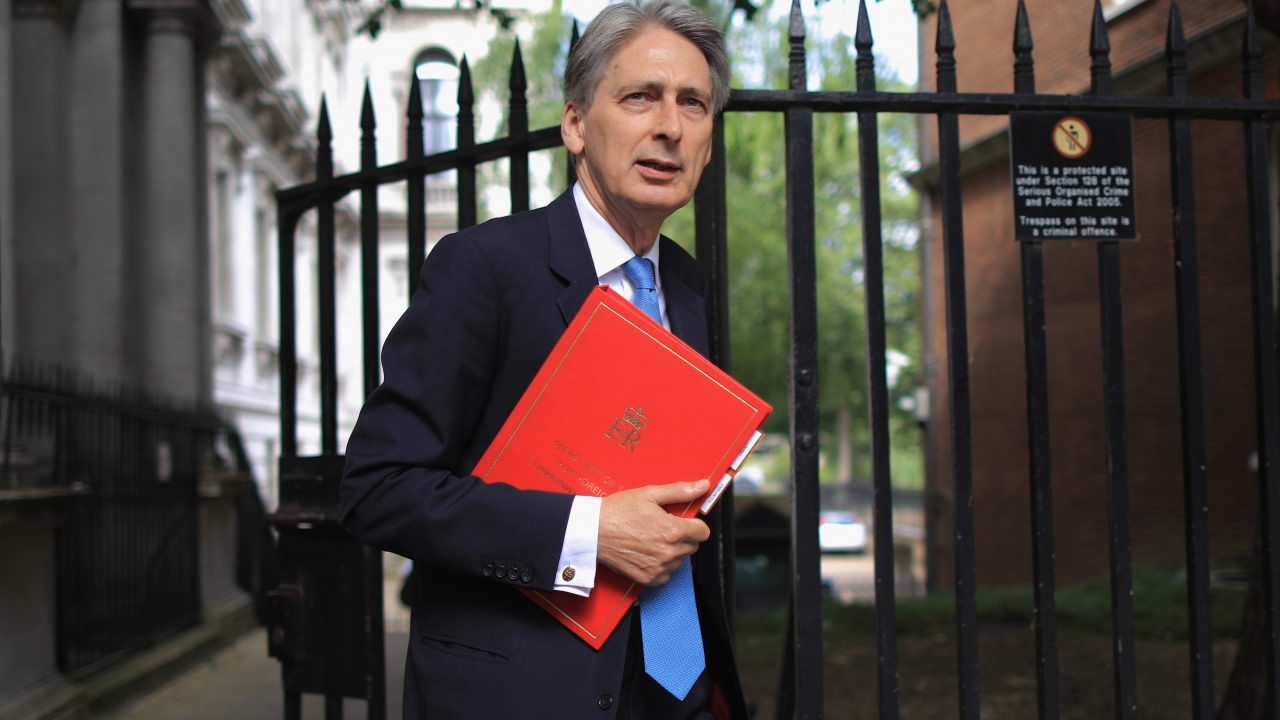
Business
19:05, 31-Jul-2017
UK will not cut taxes below European average after Brexit, says Philip Hammond

Britain does not intend to lower taxes far below the European average in order to remain competitive after Brexit but rather expects to keep a recognizably European economic and social model, finance minister Philip Hammond said.
Hammond himself had suggested in January that Britain may have to change its economic model to remain competitive in the event that it left the European Union without having secured an agreement on market access.
Hammond, who had campaigned for Britain to remain in the EU ahead of last year's referendum, is seen as a proponent of a relatively "soft Brexit," sometimes putting himself at odds with cabinet colleagues who yearn for a cleaner break with the bloc.

Hard and soft Brexit: What's the difference? /CGTN Photo
Hard and soft Brexit: What's the difference? /CGTN Photo
"It is often said that London would consider launching into unfair competition in terms of fiscal regulation. That is not our project or our vision for the future," Hammond said in an interview with French media on Monday.
"The amount of tax that we raise, measured as a percentage of GDP, is within the European average and I think we will remain at that level. Even after we have left the EU, the United Kingdom will keep a social, economic and cultural model that will be recognizably European."
Hammond said while he hoped Britain would remain a European-style economy with corresponding tax and regulation systems, it may have to change its model if it left the EU without agreement on market access.
"In this case, we could be forced to change our economic model and we will have to change our model to regain competitiveness," he added.

Reuters Photo
Reuters Photo
He expressed the belief that it would be "very dangerous for Europe" to fragment the financial services market based in the City, which he described as an important component of the British and European economies.
"The big winner would not be Paris or Frankfurt, but New York. Let's not have any illusions: the major American banks are not going to fragment their activities between different countries," said Hammond.
"They will either keep working as they do today, or they will move their activities back to Wall Street, which is particularly attractive given that the U.S. administration is in favor of deregulation and cutting taxes."
(With inputs from Reuters)
8150km

SITEMAP
Copyright © 2018 CGTN. Beijing ICP prepared NO.16065310-3
Copyright © 2018 CGTN. Beijing ICP prepared NO.16065310-3